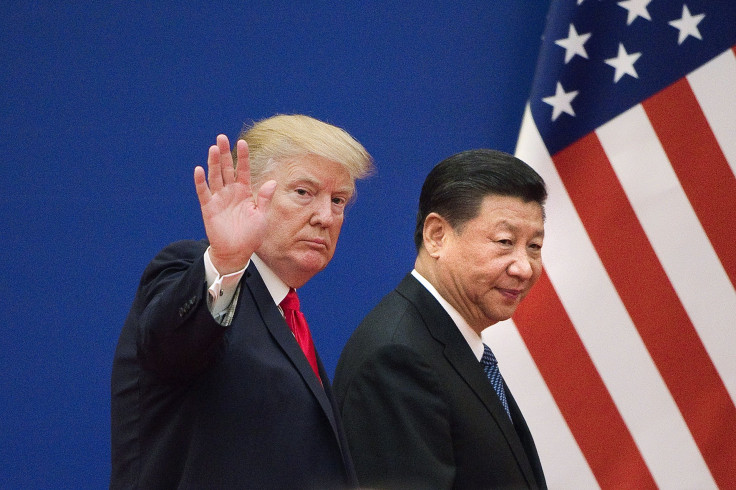US-China Trade War Could Lead To Global Recession, Economist Says

The trade war between the U.S and China holds ominous consequences for the global economy and the risk of recession is very high, warned an economist with Morgan Stanley.
According to a note by Chetan Ahya, Morgan Stanley’s chief economist, retaliatory tariffs in the U.S.-China trade war is pushing the global economy to the brink of recession.
“If talks stall, no deal is agreed upon and the U.S. imposes 25% tariffs on the remaining $300 billion of imports from China, we see the global economy heading towards recession,” the economist warned.
President Donald Trump hiked tariffs on $200 billion worth Chinese imports from 10 to 25 percent with effect from May 10. That invited China’s retaliation and raised duties on $60 billion of U.S. goods to 25 percent from June 1. Trump is planning 25 percent tariffs on an additional $325 billion of Chinese goods “shortly.”
“But, reactive policy response and the usual lags of policy transmission would mean that we might not be able to avert the tightening of financial conditions and a full-blown global recession,” Ahya said.
Hard times for the corporate sector
Morgan Stanley’s analysts warned that the U.S. corporate sector would come under pressure from China and it could press non-tariff barriers including restriction on purchases.
Escalating trade tensions between the top two global economies have already injured the financial markets. In the U.S markets, the S&P 500 is down 3.4 percent since Trump’s tariff threat and Dow Jones Industrial Average was also wiped by nearly 800 points.
When global growth slows, profits from international operations will diminish and companies would be hard pressed to pass on tariff burden to consumers, the analysts noted.
Measurable indicators of recession
Technically, the onset of the global recession is confirmed when annual growth dips below the 2.5 percent threshold.
For example, in the interim scenario of 25 percent tariffs on $200 billion of U.S. imports from China is staying for 3-4 months, global growth could slip 50 basis points and slide to 2.7 percent a year. That will be too close to the recession threshold of 2.5 percent.
In such a scenario, the Fed would cut rates by 50 basis points to mitigate the blow and China would act by expanding stimulus to 2.25 percent of GDP touching $320 billion.
Cut back on capital expenditure likely
The indirect impact of the trade war would be tightening of financial conditions that will dent business confidence resulting in the freeze or cut back on capital expenditure.
“Our base case is that the escalation is temporary, but we would readily admit that the uncertainty is high with regard to how trade talks could evolve,” the note cautioned.
© Copyright IBTimes 2024. All rights reserved.




















